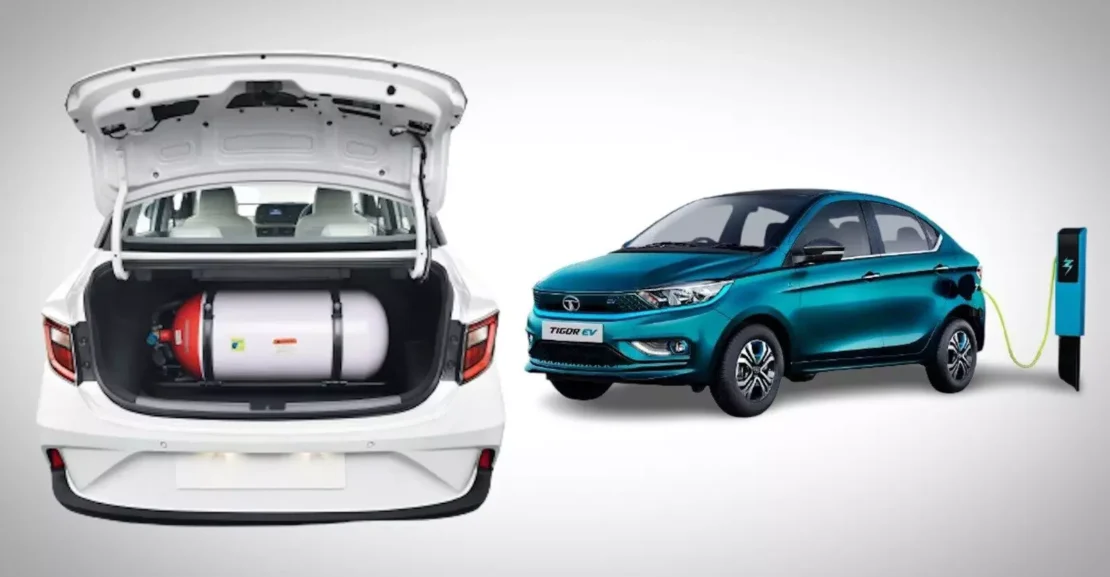What are the disadvantages of converting petrol cars to CNG cars? Automobiles powered by petrol are increasingly being converted to run on compressed natural gas (CNG). CNG is a sustainable fuel option that is becoming more and more popular.
Although the transition to cleaner energy is praiseworthy, it is important to consider the side effects of this change.
There are disadvantages to switching from petrol to compressed natural gas (CNG). Being aware of these issues is necessary to making well-informed choices on the switch to alternative fuels.
What are the Disadvantages of Converting Petrol Cars to CNG Cars?
Are you wondering what are the disadvantages of converting petrol cars to CNG cars? Just carefully read below.
Decreased Efficiency and Strength
This is one of the disadvantages of converting petrol cars to CNG cars. The possible loss of power and performance when switching from petrol to CNG is a major disadvantage.
Compressed natural gas (CNG) has a lower energy density than gasoline. As such, cars powered by CNG may have less horsepower.
For drivers who value performance, this power loss may be a major problem and have an impact on the whole driving experience.
Minimal Range of Driving
When compared to their gasoline-powered equivalents, CNG vehicles frequently have a shorter driving range.
As a result of its lower energy density, CNG necessitates larger storage tanks. This can take up valuable interior space and decrease the amount of trunk space that is accessible.
For drivers, having to stop more frequently for refueling can be annoying, particularly on lengthy trips when petrol stations may be few.
High Costs of Conversion
This is also one of the disadvantages of converting petrol cars to CNG cars. The initial cost of converting a gasoline-powered vehicle to run on compressed natural gas is high.
It can be expensive to convert the car with CNG-compatible parts, like a high-pressure tank and fuel system adjustments.
Even while there can be long-term fuel cost reductions, some prospective users might be discouraged by the conversion’s upfront costs.
Limited Facilities
Refueling with CNG is not as well-established as it is with petrol. Even if the quantity of CNG refueling stations is steadily rising, it is still far fewer than that of petrol stations.
Owners of CNG vehicles may find this restriction difficult, particularly in areas with limited access to refueling facilities.
READ ALSO:
- International Driving Permit: Meaning, Facts and More
- Police Clearance Certificate: Easy Steps How to Obtain It
- Apply for Police Clearance Certificate in Nigeria
- How to Jumpstart a Car in 7 Easy Steps
- Vehicle Paper Renewal
Upkeep Difficulties
This is one of the disadvantages of converting petrol cars to CNG cars. Vehicles with CNG systems need specific upkeep and servicing. CNG operates at high pressure, as such, some parts may experience increased wear and tear, calling for routine maintenance and inspections by qualified specialists.
In certain places, it may be difficult to find certified mechanics with CNG system knowledge. This could cause maintenance problems for owners of CNG vehicles.
Environmental Issues
This is one of the disadvantages of converting petrol cars to CNG cars. Even though CNG is typically thought of as a greener fuel than petrol, there are environmental effects associated with the extraction and delivery of this fuel.
The main ingredient of natural gas, methane, is a strong greenhouse gas. Some of the environmental benefits associated with CNG vehicles may be countered by methane leaks that occur during the production and delivery of natural gas.
In a Nutshell
Although switching from petrol to compressed natural gas (CNG) is a positive step towards a more sustainable future, it’s important to recognize the drawbacks of this conversion.
Potential adopters must carefully consider the advantages and disadvantages before making the switch. And this is from lower performance and a shorter driving range to conversion costs and infrastructural difficulties.
Some of these disadvantages might be lessened as infrastructure and technology develop, making CNG a more appealing and feasible choice for drivers who care about the environment.




